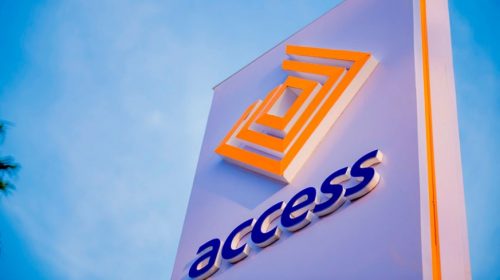NECA, NACCIMA, MAN commend FRC on NCCG, seeks clarification
The Organised Private Sectors in the country consisting of the Nigeria Employers’ Consultative Association (NECA), Nigerian Association of Chambers of Commerce, Industry, Mines and Agriculture (NACCIMA), Manufacturers Association of Nigeria (MAN) have commended the Financial Reporting Council of Nigeria, FRC on the recently released National Code of Corporate Governance (NCCG) for operators in the nation’s business environment, but seek clarifications on some sections of the code.
The body gave the commendation while on a courtesy visit to the Council’s corporate headquarters in Lagos to brainstorm on those areas of the code they needed further clarifications over the weekend.
Speaking at the Council’s office, the Director General, DG of NECA, Mr. Olusegun Oshinowo, who led the delegates, said the body was in support of the NCCG which is to ensure transparency, accountability and fairness to all stakeholders in the business sector of the economy but sought answers to some questions with regard to the code.
He highlighted some of the grey areas in the code which they were in the Council to seek clarifications on to include among others, transitional time for the enforcement of the code, the number of non-executive directors to be appointed into companies’ board, constitution of Joint Audit by entities with at least N10b capital and appointment of consultants, which he urged the FRC to look into with a view to addressing them in such a way that the inputs of the stakeholders would reflect in the code.
He however commended the Council for allowing robust social dialogue on the NCCG through the series of public hearings and seminars it organized to get inputs from stakeholders before the code was eventually released, adding that to ensure that the code is largely acceptable to all, there was the need for continuous social dialogue and improvements on the code reflect current realities in the country.
In his response, the Chief Executive Officer of the FRC, Mr. Jim Obazee, said the Council was working tirelessly with stakeholders to ensure the code yields the desired result of entrenching transparency and accountability in the way businesses are done through its emphasis on more disclosures in financial statements in order to build investors’ confidence in the nation’s business environment.
He highlighted some of the giant strides the FRC has made in the past which were hitherto criticized in the beginning but were later commended for achieving the desired result to include among others, adoption of International Financial Reporting Standard (IFRS) as benchmark for stating financial statements in the country and the issuance of FRC Registration Number to those who sign entities’ accounts to give credence to the accounts and to ensure that in the event of any misstatements, those individuals can be held responsible through suspension of their numbers instead of the entire organisations they represent..
Obazee assured them that the areas they have raised issues about would be looked into as the code goes through further restructuring, adding that since the code was not a law, it would not require rigorous process of amendment if there are genuine reasons for it to be rejigged for the general good of the country’s financial sector.
While also, speaking, the Chairman of the steering committee of the NCCG, Mr. Victor Odiase, said corporate governance codes world over determine the critical destination of investments.
He decried the high level of business ownership concentration in the country, stressing that,” if we must attract the desired local and foreign investments to movement the country’s economy out of recession and make the economy in vibrant one, there is need for deliberate efforts to deconcentrate entities’ ownership which the corporate governance code focuses on addressing as one of the key areas to attract investors.”
Earlier, the Nigeria Insurers Association (NIA) had visited the FRC to pledge their support to the Council on the NCCG and also to highlight those areas they were not in agreement with in the code so as to ensure that they were looked into with the sole aim of resolving them for the greater good of the nation’s economy.






Leave a Reply